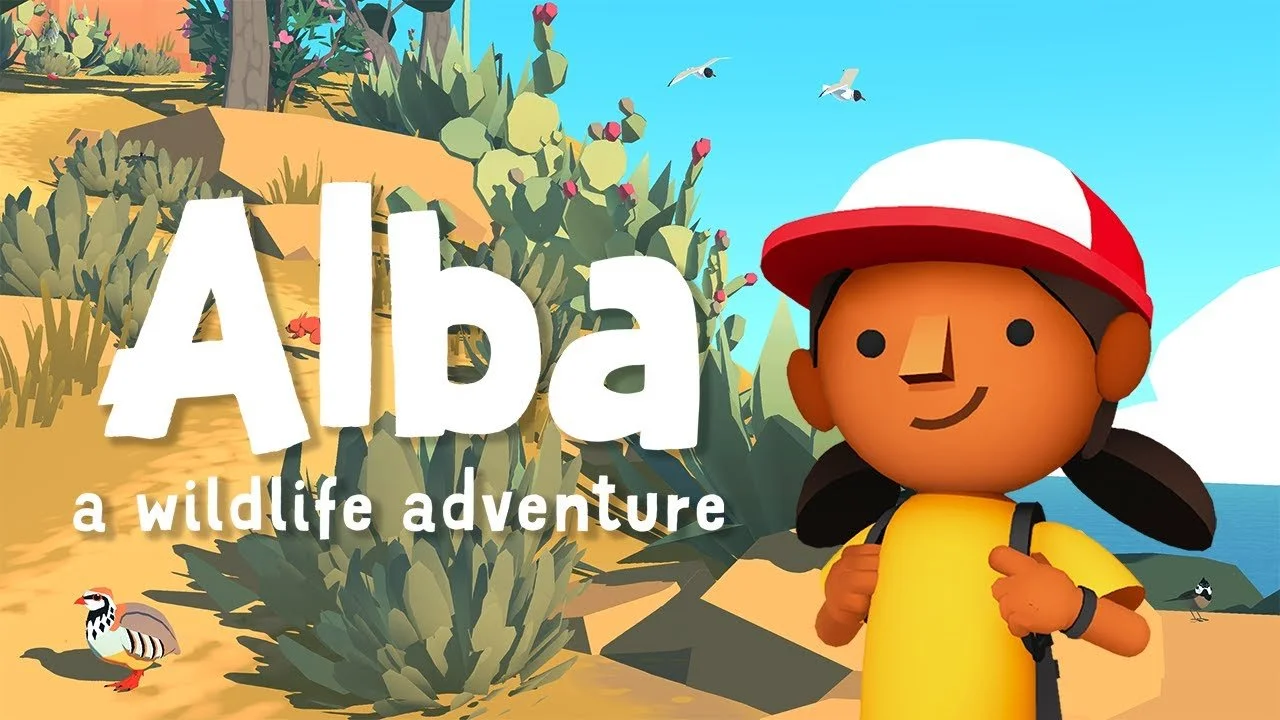Activating the games industry to think sustainably
At the Dutch Game Business Event INDIGO on June 19th, 2024, visitors were encouraged to think about sustainability and games. To contribute to the STRATEGIES goal, two INDIGO Talks covered topics that touched upon the issues the STRATEGIES project will explore further in the coming years.
David Fernández Huerta (ustwo) and Jerome Ibanez (Midgard) addressed sustainability in the games industry through their presentations “Values-driven Game Design: The Making of Alba: a Wildlife Adventure.” and “Midgard: Making the Video Game Industry More Sustainable, One Game At a Time.”
Huerta’s talk highlighted how Alba was approached with a different, environmentally forward mindset in game design. Ibanez endeavors to make the industry itself more sustainable and more aware of how to green up its business further and target its carbon footprint.
AN ENVIRONMENTAL NORTH STAR IN DESIGN
Alba: A Wildlife Adventure
Getting ustwo’s Alba to where it ended up upon release is paired with a journey guided by environmentalism as its north star. One of the things that inspired the flora-and-fauna photography game that Alba became was Ubisoft’s Assassin’s Creed Origins (2017), where Huerta spent most of his playtime exploring the game’s Photo mode. However, he did not want to expose his son to the more violent side of the game.
“I wanted to play a game like this with my son, but I didn’t want to show him graphic assassinations. Also, very exciting to me: to be able to share this love of open world games with my children in a way that is engaging for both of us and appropriate.”
Huerta's vision for Alba’s message was clear: To save the environment. The team made sure to craft a narrative that was in line with that sentiment.
One of the ways this was achieved was by ensuring the content was designed in harmony with the gameplay. Inspired by the work his wife did for local museums, they mirrored the idea of recruiting volunteers for a good cause in real life. Alba would use her photos to raise awareness among the inhabitants of the island and empower and activate them to act. Throughout production, whenever the team reached a crossroads for design choices, being an environmentalist game would always keep the environmental themes in consideration for direction.
The fact that the main character is a child gives players the freedom to move around to explore nature with wonder and be free of adult worries, allowing the game to be more optimistic.
“As a child, you don’t really know what the possibilities are, you don’t really know the rules. And some people will think everything is impossible, some people think everything is possible, so we wanted to play with everything seen through the lens of a little girl.”
Eleven versions of the game’s island later and introducing major plot lines to involve things like oil spills, hotel constructions, and forest fires, Alba activates the player to think about these situations. Thus, Alba is a prime example of an entertainment game, driven by an environmental impact message.
MIDGARD’S WAKE UP CALL
Jerome Ibanez, Founder of Midgard
Impending climate disclosure laws are on their way (along with warnings of the expected penalties), and Ibanez took attendants through a wake-up call of steps to consider.
Ibanez: “Carbon accountability is something that both consumers and employees are starting to ask from their companies. So obviously, for consumers who want to buy from sustainable companies, and for a lot of the people that we’ve spoken to, they want to leave the planet in good shape for their kids and that’s why a lot of employees are also looking to work with companies doing something with sustainability.”
It was only in the recent year that some game-adjacent tech companies like Tencent, Microsoft, and Sony committed to carbon neutrality, taking their overdue spot after lagging behind other tech companies that had already pledged to more sustainability.
Studios of all sizes should initiate changes in behavior and begin tracking their emissions now to avoid future consequences and position themselves for compliance. This extends beyond mere marketing efforts and seeks to transform operational practices. There is a threshold for the accounting obligations related to a certain profit amount. Keep in mind, however, that smaller companies are often part of a larger development chain. Some publishers are already asking the companies in their portfolios to report on their carbon footprint.
An interesting note, according to Ibanez, is that consumers of games industry products are quite climate-conscious and believe that climate change is caused by humans. They’re likely to contribute to change, whether through donating to carbon-offsetting initiatives, or seriously considering cleaner energy sources for their homes.
Through Midgard’s audits, the hope is to continue inspiring game industry companies to follow suit and ensure they contribute to leaving behind a planet where their kids can enjoy their games.
The full INDIGO Talks are available on demand on Vimeo.



